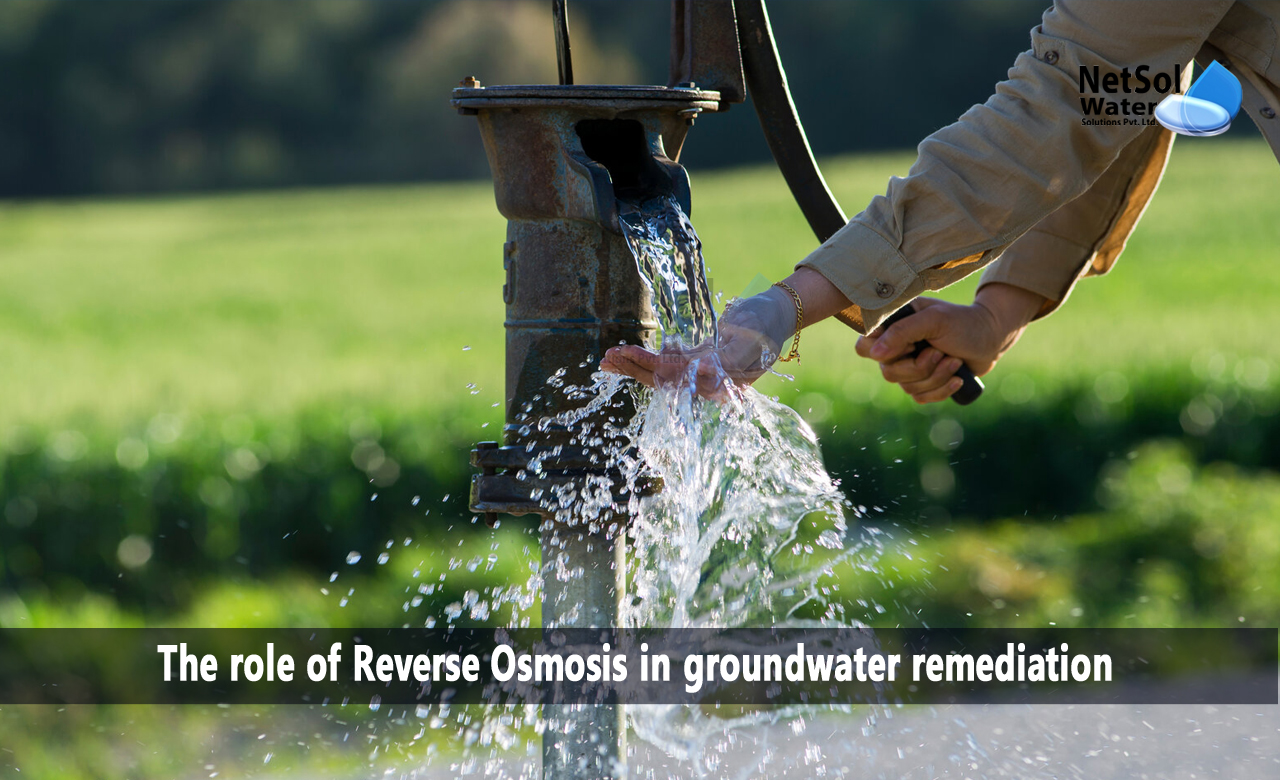What is the role of Reverse Osmosis in groundwater remediation?
Groundwater contamination is a significant environmental challenge, with pollutants seeping into aquifers and compromising the quality of our water resources. To restore and protect groundwater, effective remediation techniques are necessary. Reverse osmosis (RO) has proven to be a valuable technology for groundwater remediation, offering an efficient and reliable method to remove contaminants from aquifers. In this blog post, we will explore the role of reverse osmosis in groundwater remediation and its effectiveness in eliminating contaminants.
1. Understanding Reverse Osmosis:
Reverse osmosis is a water purification process that employs a semi-permeable membrane to separate impurities from water. In the case of groundwater remediation, it involves the extraction of contaminated water from aquifers and its treatment through reverse osmosis to remove various contaminants, including:
a) Inorganic Contaminants: Reverse osmosis effectively removes heavy metals, such as lead, arsenic, cadmium, and mercury, which may find their way into groundwater through industrial discharges, mining activities, or agricultural practices.
b) Organic Contaminants: Reverse osmosis can target organic pollutants like volatile organic compounds (VOCs), pesticides, and industrial solvents, which may be present in groundwater due to industrial spills, improper waste disposal, or leaking underground storage tanks.
2. Key Advantages of Reverse Osmosis for Groundwater Remediation:
Reverse osmosis offers several advantages when applied to groundwater remediation:
a) High Contaminant Removal Efficiency: RO membranes have high rejection rates for a broad range of contaminants, effectively removing them from the water. The membrane's microscopic pores prevent the passage of dissolved impurities, leaving behind purified water.
b) Versatility: Reverse osmosis can be adapted to treat various types of groundwater contaminants. It can handle both inorganic and organic pollutants, providing a versatile solution for groundwater remediation projects.
c) Scalability: Reverse osmosis systems can be tailored to suit different project sizes and contaminant levels. Whether it is a small-scale site or a large-scale remediation project, the flexibility of RO allows for efficient treatment and purification of groundwater.
d) Water Recovery: RO systems are capable of producing a purified water stream while also generating a concentrated waste stream. The concentrate, often referred to as brine, can be managed appropriately, and in some cases, it can be further treated or disposed of responsibly.
3. Considerations for Successful Implementation:
To ensure successful implementation of reverse osmosis for groundwater remediation, the following factors should be considered:
a) Pre-treatment: Effective pre-treatment processes, such as filtration and oxidation, may be required to remove particulates, sediments, and certain organic compounds that could foul or damage the RO membrane. Pre-treatment helps optimize the performance and lifespan of the membrane.
b) System Monitoring and Maintenance: Regular monitoring of system parameters, including pressure, flow rates, and water quality, is crucial to ensure optimal performance and identify any potential issues. Routine maintenance, such as membrane cleaning and replacement, should be performed to maximize the system's efficiency and longevity.
c) Environmental Impact: Proper management of the concentrated brine stream is essential to minimize its environmental impact. Strategies such as brine reclamation or responsible disposal methods should be considered to ensure environmental sustainability.
Conclusion:
Reverse osmosis has emerged as a powerful technology for groundwater remediation, offering an effective solution to remove contaminants from aquifers. Its high contaminant removal efficiency, versatility, scalability, and water recovery capabilities make it a valuable tool in restoring and protecting groundwater resources. By implementing reverse osmosis systems with careful consideration of pre-treatment, system monitoring, and environmental impact, we can effectively address groundwater contamination and safeguard this vital resource for future generations.
Netsol Water is Greater Noida-based leading water & wastewater treatment plant manufacturer. We are industry's most demanding company based on client review and work quality. We are known as best commercial RO plant manufacturers, industrial RO plant manufacturer, sewage treatment plant manufacturer, Water Softener Plant Manufacturers and effluent treatment plant manufacturers. Apart from this 24x7 customer support is our USP. Call on +91-9650608473, or write us at enquiry@netsolwater.com for any support, inquiry or product-purchase related query.



